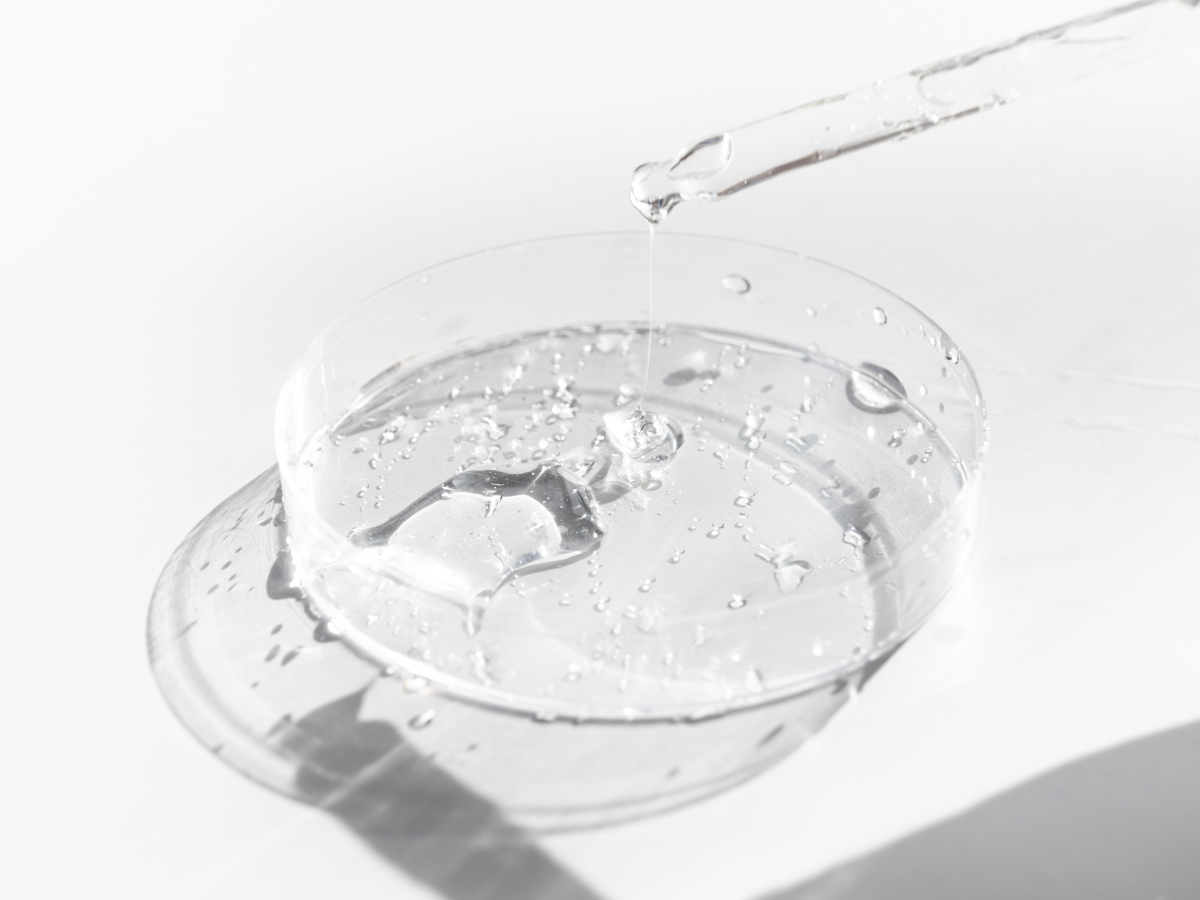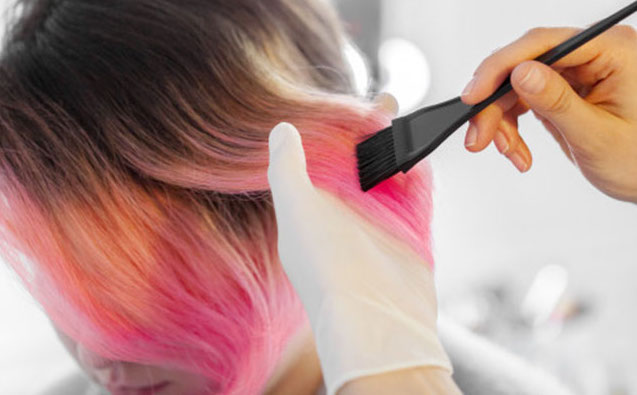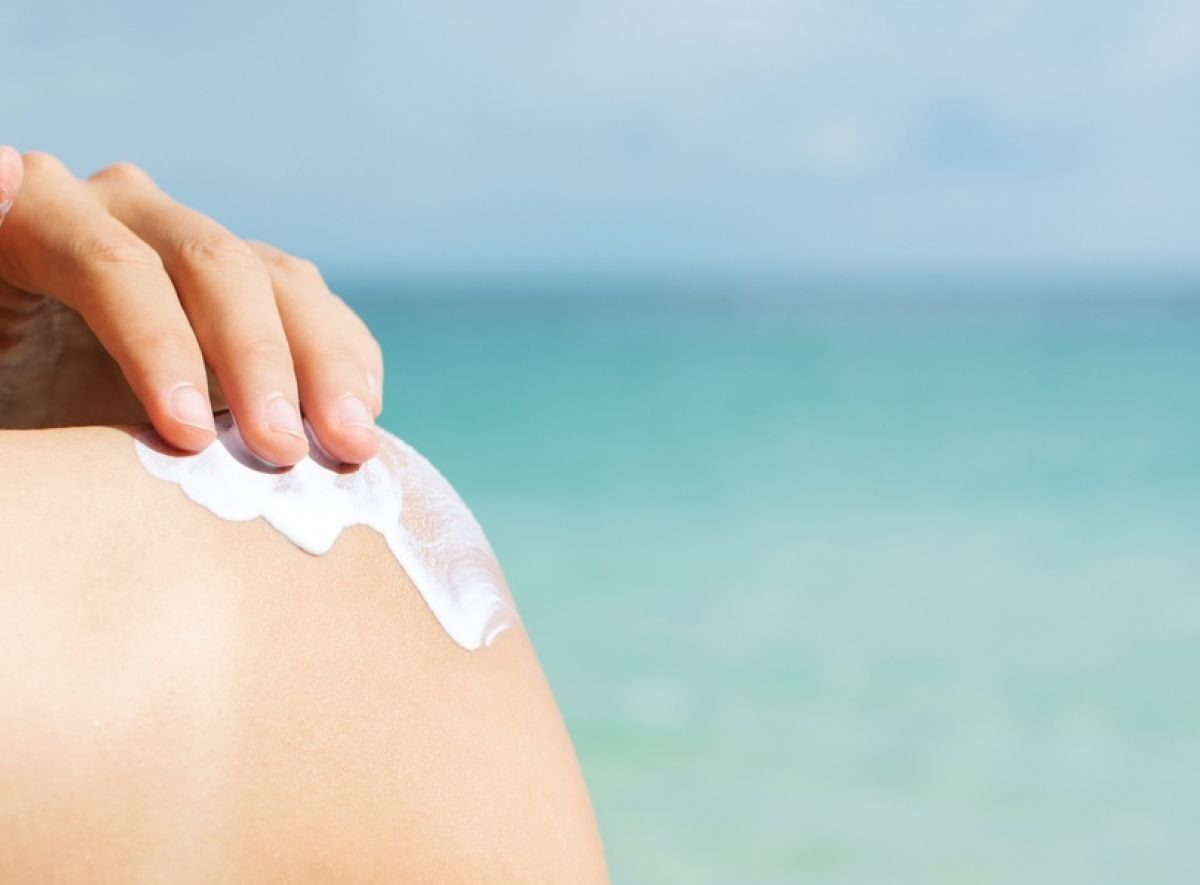TAIWAN’S LEGAL FRAMEWORK ON COSMETIC PRODUCTS
In 2019, Taiwan implemented the Cosmetic Hygiene and Safety Act, its national cosmetic regulation. Along with this Act and according to the implementations dates set, in July 2021 there were three new cosmetic regulatory systems implemented at national level.
According to the Cosmetic Hygiene and Safety Act, “Cosmetics” means the substance(s) for external use on the human body to freshen the hair or skin, to stimulate the sense of smell, to cover body odour, or to improve facial appearance. Cosmetic products are regulated based on their functions, distinguishing general cosmetics and specific purpose cosmetics. Specific purpose cosmetics include sunscreens, hair dyes, hair perms, deodorants, teeth whitening products and cosmetics with other purposes.
Since 2019, animal testing in Taiwan is not allowed unless approval by the central competent authority is granted and one of the two following conditions is met: the ingredient is widely used and its function cannot be replaced by other ingredients; or there is evaluation data that demonstrates a potential for harming human health.
The Cosmetic Hygiene and Safety Act stipulated that new management systems (regarding general toothpaste and mouthwash products, notification system, labelling requirements, etc.) would be implemented from July 2021 onwards in order to fully and thoroughly satisfy the provisions of such Act.
Currently, manufacturers and importers need to notify general cosmetics to the Taiwan Food and Drug Administration (TFDA), otherwise they will be regarded as illegal. Solid handmade soaps produced by cosmetic manufacturing sites which are exempt from factory registration are exempt from this notification.
The cosmetic product notification must be made online, in the “Cosmetic Products Notification Platform System”, before their supply, sale, giveaway, public display, or consumer trial offer. Before notifying the cosmetic product, the applicants need to contact the TFDA in order to get an account and password to access the system. Relevant information needs to be provided at the moment of notification, like the name of the product, precautions and full components of products, just to name a few. This notification functions as a record to help TFDA to assign liability in case there is a safety problem.
For now, specific purpose cosmetics are still subject to a registration based process, but from July 2024 onwards, they will also be subject to notification procedures.
General toothpaste (unmedicated) and mouthwash products are now classified as general cosmetics and, consequently, the labelling, ingredients, quality, hygiene and safety, and manufacturing facilities of such products have to comply with cosmetic regulations.
From this date onwards, there are also new requirements on cosmetic labelling, prohibited ingredients and permitted colourants. The new regulations provide clear rules for the labelling, including standardization of the display order of ingredients and font sizes of items which are mandatory in the label. The function, manufacturing date and expiration date, for example, are now mandatory informations that the label must contain. The objective is to help consumers identify and acknowledge the product’s information, strengthening their rights.
There are several mandatory requirements still to be implemented, like Good Manufacturing Practices compliance for both manufacturers and importers. For general cosmetics, the expected implementation date is set for July 2024.
Entering different markets and being in compliance with cosmetics regulation can be a hard task. Our company has team of regulatory experts that can help you throughout this process. Do not hesitate to contact us at info@criticalcatalyst.com.
References:
- Taiwan Cosmetic Hygiene and Safety Act. 2018. Taiwan Food and Drug Administration. Available from: https://cosmetic.chemlinked.com/expert-article/ebook/taiwan-cosmetic-hygiene-and-safety-act
- New Cosmetics Management System to be Enforced from July 2021. 2021. Food and Drug Administration, Ministry of Health and Welfare. Available from: https://www.mohw.gov.tw/cp-115-58834-2.html















